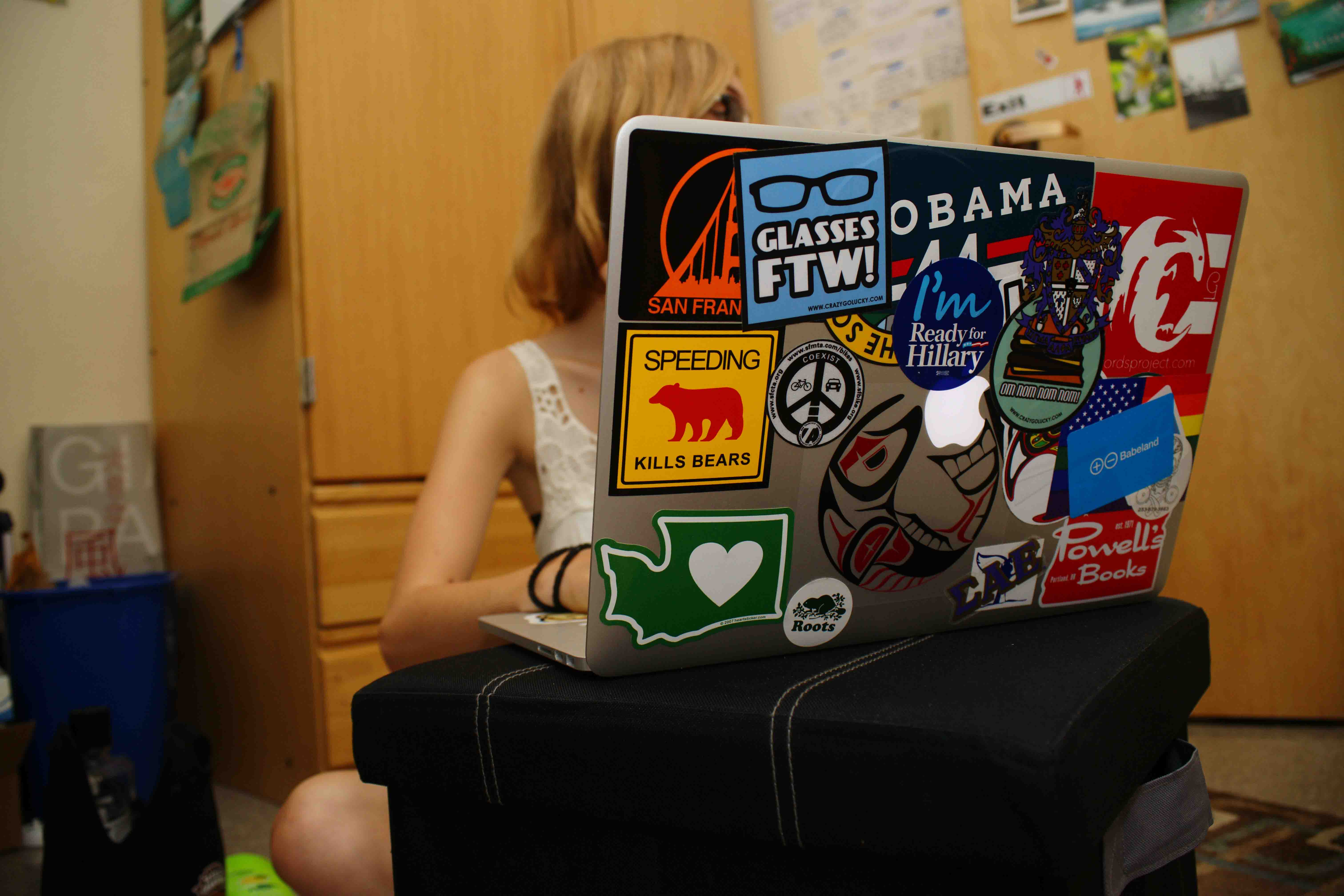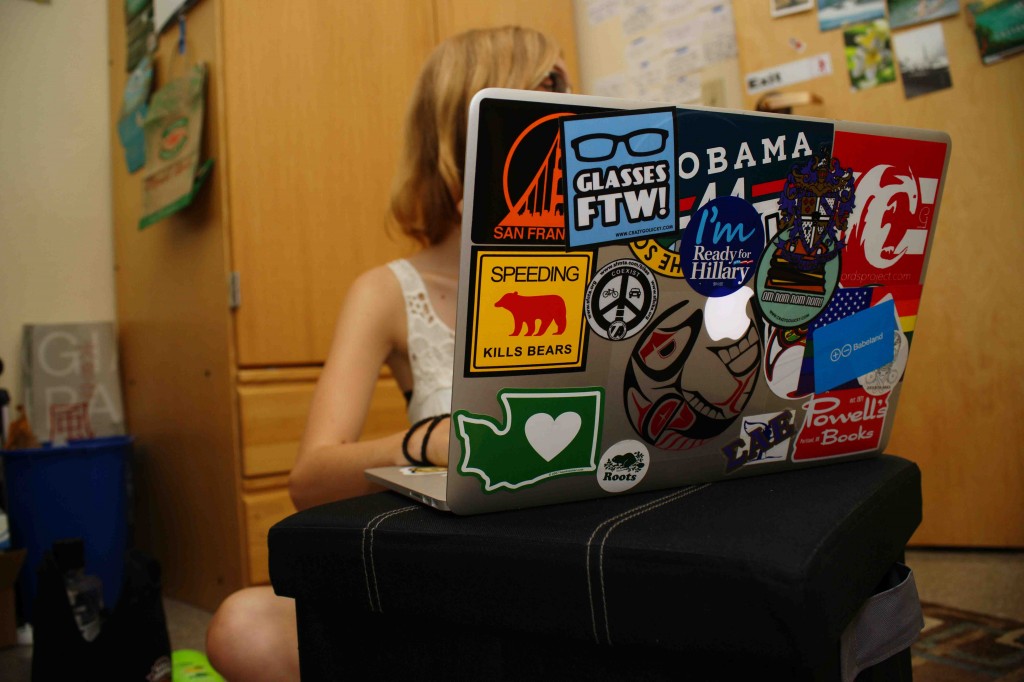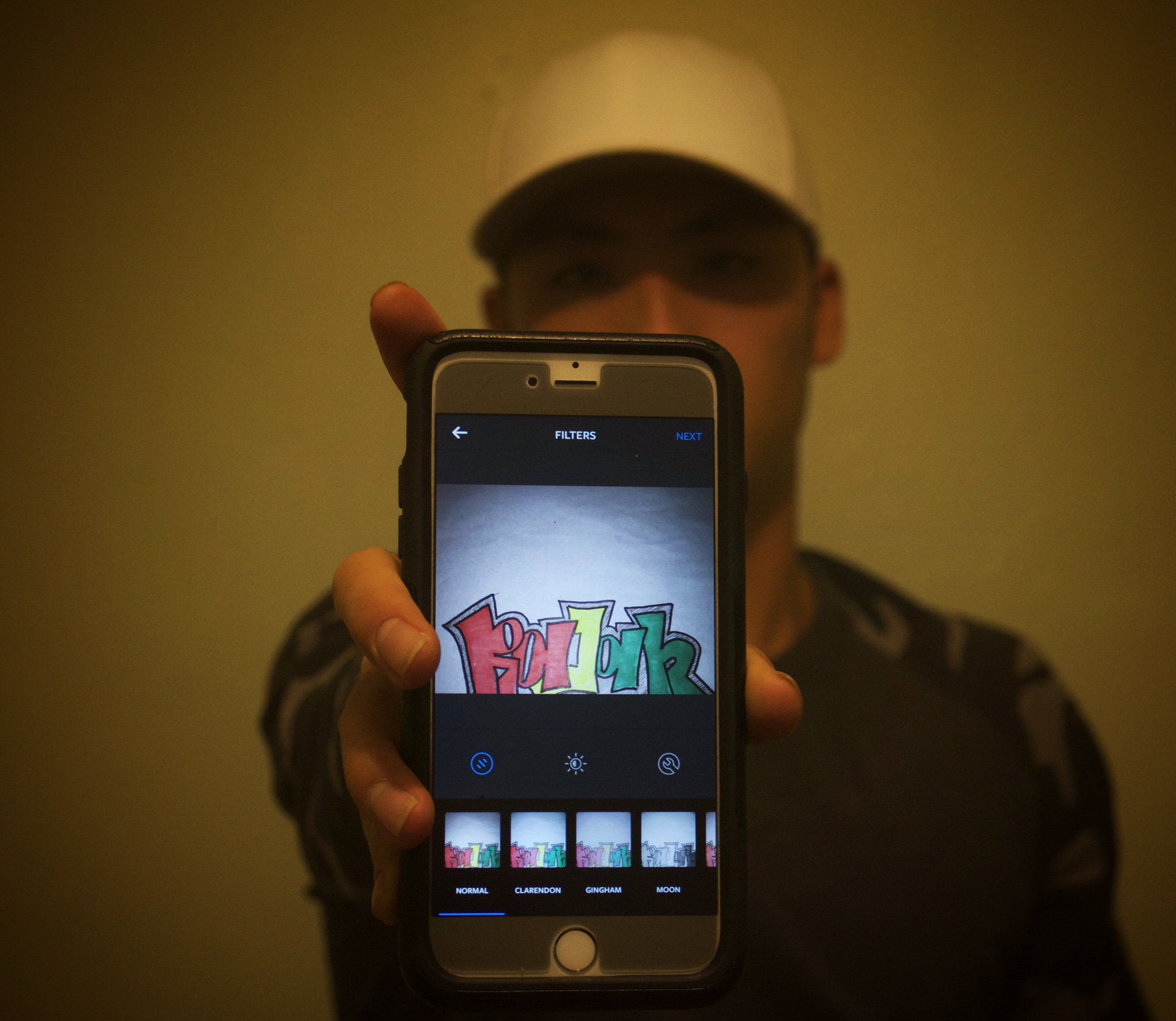Anonymous messaging sites can be dangerous to students: hateful remarks and threats have more of an effect than one might think


Nearly one year ago, the anonymous messaging app Yik Yak was launched and has since become outrageously popular on college campuses, Puget Sound being no exception.
With the ability to effortlessly view location-based messages, called “yaks,” users are encouraged to rate and share “news, funny experiences, shout outs, and jokes,” according to the developer’s description in the App Store.
Unfortunately, some college students have put a much more negative spin on their yaks: a spin that is possibly quite dangerous to others.
Through the app’s “peek” feature, it is simple to view the feeds from schools across the country. Doing so, it is clear to see that instances of offensive or hateful behavior have become a widespread phenomenon that needs to end.
On the upside, Puget Sound’s feed mostly displays harmless missed connections, alerts of spilled food on campus and sarcastic tips for first-year students. Comments like these do not hurt anyone and can even be fun to look at.
However, certain yaks have begun to target specific individuals and groups on campus with a more mean-spirited goal.
Comments may insult individuals and groups and it is these that are detrimental to everyone.
One yakker went so far to make the assertion that “Yik Yak is the burn book of 2014.”
Even the most prestigious schools in the country cannot escape the negative influence known as Yik Yak.
Ivy League universities are struggling with nameless bullies and the alienation of students resulting from the application’s ever-updating comment feed.
Not all students condone this behavior, however.
“It’s hypocritical that guys sitting behind a keyboard are calling girls ugly, when it’s actually their actions that are ugly,” first-year student Jack Springer of Princeton University said.
According to the American Academy of Pediatrics, one in five students have reported being victims of cyber bullying, and anonymity only impedes the efforts of authorities to identify bullies and take action against them.
“There are no repercussions and people are allowed to say the rudest things they can think of,” first year Sonya Maple said.
Problems associated with other anonymous social media are not contained within college communities.
Schools all over the country are being disrupted by unidentified messages, some with much more serious ramifications.
For instance, on Sept. 16 a 15-year-old student was arrested for using Yik Yak to make multiple bomb threats against his high school in Mt. Sinai, N.Y.
Many parents kept their students home and called to report the presumed danger to officials. Due to the lack of an aggressor’s name, efforts to stop any potential emergencies were made extremely difficult.
Incidents like these illustrate the dangers behind anonymous message sites; it becomes impossible to tell what is a real threat and what is not.
Perhaps one more innocent benefit to anonymous messaging apps could be a sense of a community willing to listen, or an opportunity to get noticed without the risk of rejection.
This has the capability to be the foundation for constructive results, instead of negative.
“It could be a type of therapy if someone’s friends are too busy to listen,” Maple said.
Anonymous forums have the potential to provide an outlet for those who feel more comfortable detaching themselves from identification.
Although they have been around for decades, today’s mobile applications create an easier space for such expressions.
No matter the reason that users decide to register for platforms such as Yik Yak, it is the responsibility of those people to make a productive difference within the online community.
Rather than creating offensive or negative posts, yakkers should write comments that are positive, complimentary or insightful for their readers.
Whether it is a form of affection that someone does not have the confidence to say in person, or simply an innocuous joke whose author does not wish to be revealed, there are legitimate reasons that people would wish to remain anonymous.
There is an enormous difference between being reluctant to say something bold, and being too ashamed to be identified with something malicious.
Our school is the perfect community to demonstrate how an anonymous application, such as Yik Yak, can showcase the inclusive, caring and lively community that is the University of Puget Sound.


